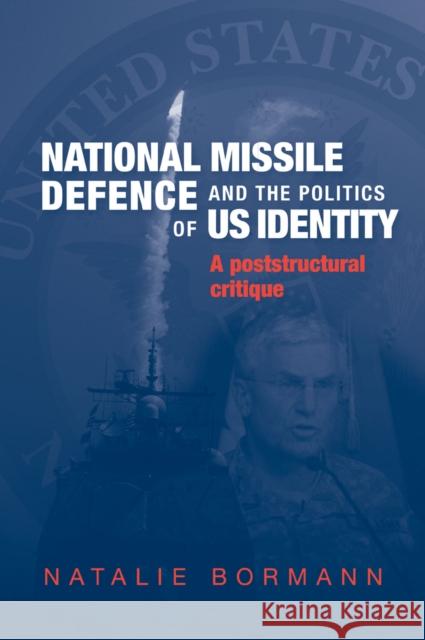National Missile Defence and the Politics of Us Identity: A Poststructural Critique » książka
National Missile Defence and the Politics of Us Identity: A Poststructural Critique
ISBN-13: 9780719074707 / Angielski / Twarda / 2008 / 192 str.
Why adopt a poststructural perspective when reading about the military strategy of national missile defence (NMD)? Certainly, when considering how best to defend the U.S. against attack by intercontinental ballistic missiles, the value of critical international relations theory may be easy to overlook. So, how might the insight of scholars such as Michel Foucault contribute to our understanding of the decision-making processes behind NMD policy? The deployment of national missile defence (NMD) is a sensitive political issue. Official justification for the significance of the NMD system is based upon strategic feasibility studies and conventional threat predictions guided by worst-case scenarios. However, this approach fails to address three key issues: the ambiguous and uncertain nature of the threat to which NMD responds; controversy over technological feasibility; and concern about cost. So, in light of these issues, why does NMD continue to stimulate such considerable interest and secure ongoing investment? Presented as an analysis of discourses on threats to national security -- around which the need for NMD deployment is predominately framed -- this book argues that the preferences underlying NMD deployment are driven by considerations beyond the scope of strategic approaches and issues. The conventional wisdom supporting NMD is contested using interpretive modes of inquiry provided by critical social theory and poststructuralism, and it is suggested that NMD strategy should be viewed in the context of U.S. national identity. This book seeks to establish a dialogue between the fields of critical international relations theory and U.S. foreign policy, by illustrating how the concept of national identity can be used to interpret contemporary military-strategic practice.











